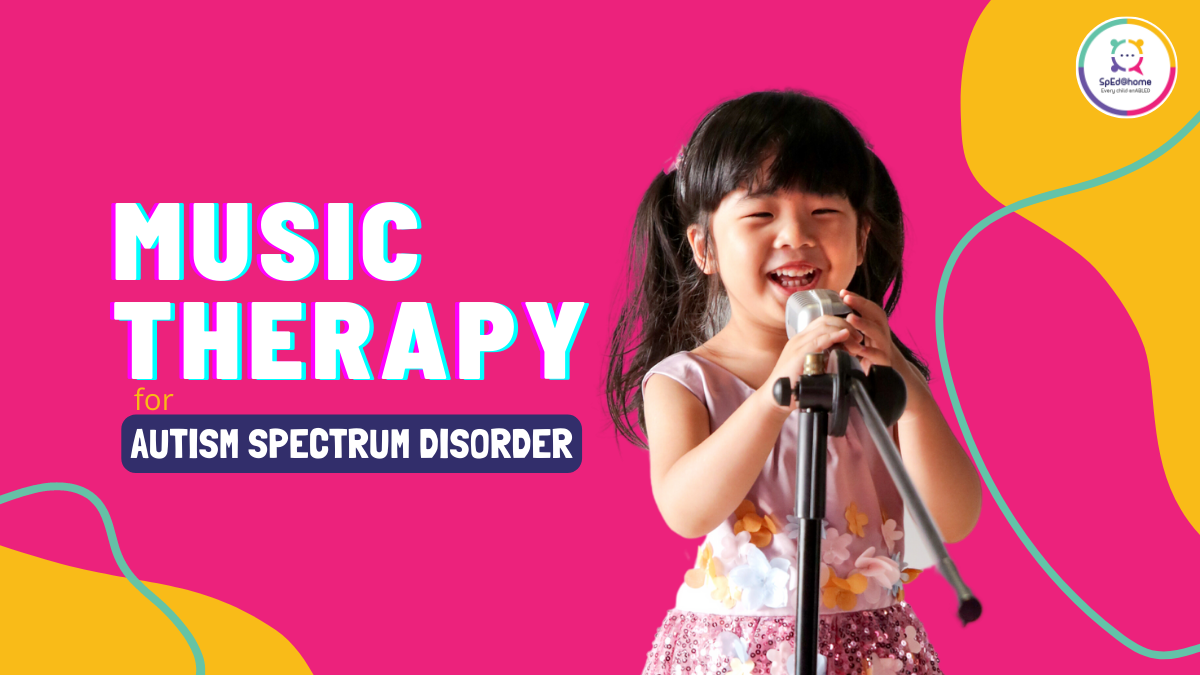Autism spectrum disorder (ASD) is a developmental disorder that affects communication, social interaction, and behavior. The symptoms of autism can vary widely, but they typically appear in early childhood and can persist throughout adulthood. While there is no known cure for autism, there are various therapies and interventions that can help manage the symptoms and improve the quality of life for individuals with autism. One such therapy is music therapy.
What is Music Therapy?
Music therapy is a form of therapy that uses music to address physical, emotional, cognitive, and social needs. It is a non-invasive, enjoyable, and effective therapy that can be tailored to the individual needs of each person. Music therapy can be used to improve communication skills, reduce anxiety, enhance motor skills, and promote social interaction.
How Can Music Therapy Help Manage the Symptoms of Autism?
Music therapy has been shown to be effective in helping individuals with autism manage their symptoms in a number of ways:
Improving communication skills: Music therapy can help improve communication skills in individuals with autism by using music to teach language and social skills. Singing, playing instruments, and listening to music can all be used to promote language development and enhance communication skills.
Reducing anxiety: Music therapy can help reduce anxiety and promote relaxation in individuals with autism. The calming effect of music can help reduce stress and anxiety and promote a sense of calmness and relaxation.
Enhancing motor skills: Music therapy can help improve motor skills in individuals with autism by using rhythm and movement to promote coordination and body awareness. Playing instruments, dancing, and singing can all be used to promote motor development and enhance body awareness.
Promoting social interaction: Music therapy can help promote social interaction in individuals with autism by using music to encourage social engagement and interaction. Group music therapy sessions can provide opportunities for individuals with autism to interact with others and develop social skills.
Music therapy has shown to be a promising therapy option for individuals with autism. By incorporating music into individualized treatment plans, individuals with autism can benefit from improved communication skills, reduced anxiety, enhanced motor skills, and increased social interaction. Music therapy is a non-invasive, enjoyable, and effective therapy that can be tailored to the individual needs of each person with autism. If you or a loved one is affected by autism, consider exploring the use of music therapy as a potential treatment option.












